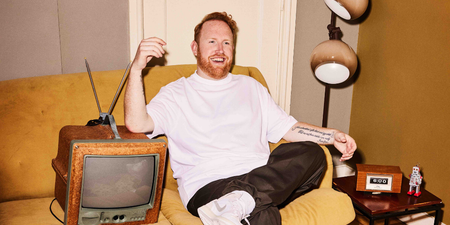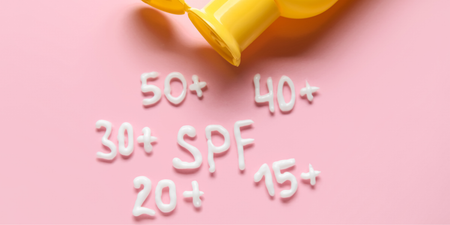“It was the worst part of me.”
Halsey says that making her latest album, Manic, helped her to “make peace” with her bipolar disorder.
The ‘You Should Be Sad’ singer has discussed her mood disorder in depth, explaining how she navigated her mental health before she found music and how her attitude has changed over the years.
Speaking to therapist Dr. Snehi Kapur on YouTube’s Artist Spotlight Story, Halsey says that she wants to “give my audience, who maybe don’t know a lot about bipolar disorder, a better chance to understand it.”
Dr. Kapur explains that bipolar disorder is a mood disorder where patients typically have two phases.
The disorder causes a cyclical pattern of mood changes marked by depression, the low phase, and the manic phase, which tends to be high energy.
“You can feel manic and feel depressed at the same time,” says Dr Kapur. “You don’t know how to direct your energy.”

“A lot of people will say: ‘You don’t seem like you have bipolar disorder,'” says Halsey.
“Because of the ways in which I function (…) they see a young woman achieving all of these goals and they think: ‘Well there really can’t be anything hindering her from that.’
“But before I had music, I was a very different person to what I am now.”
Halsey goes on to say that she thinks the media’s perception of mental illness can change depending on who they are talking about, and what illness they have.
She recounts times where she has wanted to cancel a concert because of a sore throat, but was concerned that people would say: “Well she’s crazy, she’s probably having a breakdown.”
“In a way our culture has an obsession with and a distaste for ‘the crazy woman,” she says. “We love her but we also weaponise the word against her.”

“Eliminating the stigma against mental health kind of spiderwebs into this whole other social conversation about letting people be who they are (…) fighting toxic masculinity and allowing men to feel emotions, letting women to be imperfect and less than ideal.
“In a perfect world that would be how we would get to the root of it.”
Halsey adds that her own perception of bipolar disorder has shifted now from when she was first diagnosed with the illness.
“Manic [the album] for me is really a celebration, because for a long time I had struggled with my mania,” she says.
“It was the worst part of me. I considered that girl, the manic one, to be irresponsible and untrustworthy and unreliable.
“She spoke too loud, she had a million ideas and couldn’t get any of them done. And in the process of making this album, I had to kind of make peace with this manic part of myself.”
You can check out Halsey’s Artist Spotlight Story: A Conversation About Bipolar Disorder here:



















































